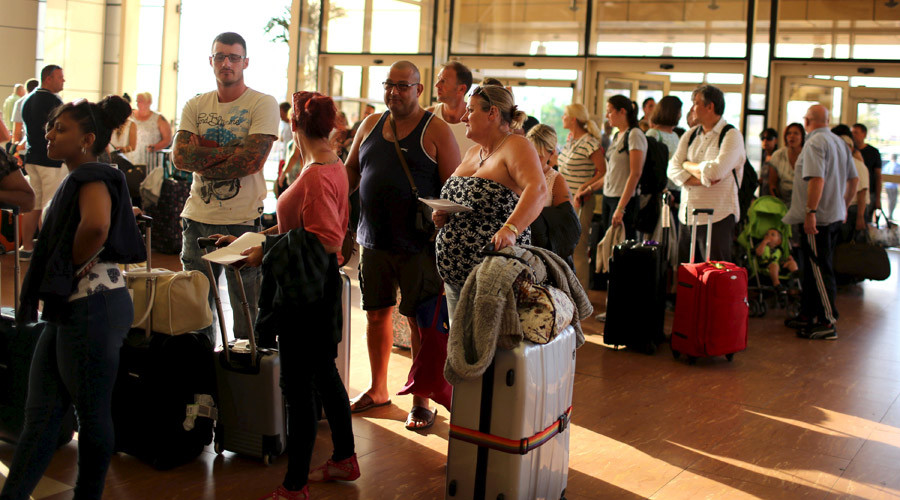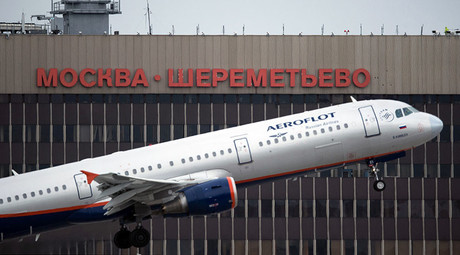Bitcoin’s reclusive inventor Satoshi Nakamoto was chosen by finance professor from UCLA and University of Chicago Professor Bhagwan Chowdhry. He was asked by the Nobel Prize committee to nominate someone for the prize, and explained his choice to the Huffington Post.
“I can barely think of another innovation in economics and finance in the last several decades whose influence surpasses the welfare increases that will be engendered by Satoshi Nakamoto’s brilliant, path-breaking invention. That is why I am nominating him for the Nobel Prize in Economics.”
The Nobel Prize in Economic Sciences was established by the Swedish central bank, Sveriges Riksbank, in memory of Nobel Prize founder Alfred Nobel. It has been awarded by the Royal Swedish Academy of Sciences since 1969.
The invention of the bitcoin is nothing short of revolutionary, according to Chowdhry. The digital currency offers many advantages over both physical and paper money, he said, adding that bitcoin had spawned innovations in the financial technology sector since financial contracts could be digitized, stored, verified and transferred instantaneously.
“It is secure, relying on almost unbreakable cryptographic code, can be divided into millions of smaller sub-units, and can be transferred securely and nearly instantaneously from one person to any other person in the world with access to the internet bypassing governments, central banks and financial intermediaries such as Visa, MasterCard, PayPal or commercial banks, eliminating time delays and transactions costs.”
Chowdhry noted that bitcoin’s inventor has never published in any of the scholarly economics or finance journals, except for a 9-page white paper “Bitcoin: A Peer-to-Peer Electronic Cash System” which was posted by Satoshi Nakamoto on the web in 2009.
Since all the Nobel Prize awardees are traditionally contacted by phone, there could be a problem with contacting the Bitcoin founder, Chowdhry said. No one really knows who Satoshi Nakamoto is, where he lives or what his phone number is, he claimed. The professor suggested that Nakamoto could be informed online, and even proposed to accept the award on Nakamoto’s behalf during the ceremony in Stockholm in December.
Bitcoin is the first decentralized digital currency, and was launched in 2009. The crypto-currency is held in a digital wallet, a kind of virtual bank account. Transfers are made without banks and transaction fees. All Bitcoin users’ transactions are private which lets them buy or sell anything without it easily being traced back to them. This led to a number of allegations that bitcoin has become the currency of choice for drug trading and other illicit activities. Bitcoin defenders say any currency can be used for illegal means.
READ MORE: Australia pushes to recognize bitcoin as regular currency
Recently, a number countries and banks have suggested treating bitcoin and other digital currencies similarly to standard money.
LISTEN MORE:
Article source: https://www.rt.com/business/321274-nobel-prize-economics-bitcoin/?utm_source=rss&utm_medium=rss&utm_campaign=RSS

